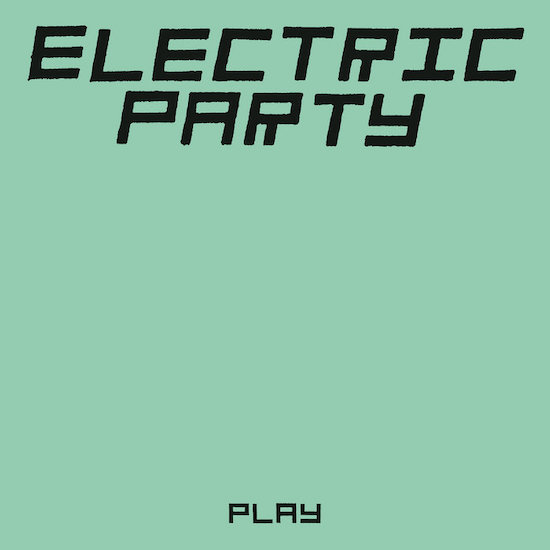There’s a certain mythos that lingers in the history of the Dutch squatter’s movement. In the early 1960s, in response to Amsterdam’s housing crisis, local activists began taking over empty buildings which were kept in disarray by landlords in order to artificially increase rent prices. Incentivised by the collective action, the decade that followed was dubbed “Amsterdam Magisch Centrum” (Amsterdam Magical Centre), by the countercultural artist Robert Jasper Grootveld. The city gained traction as the cultural nexus of Europe; a place of creative and social innovation, attracting hordes of young, politically minded emigrates from all over the world.
By the 1980s, however, the police were clashing increasingly violently with squatters. On the morning of 4 May 1980, tanks rolled towards a residence known as the Vondelvrijstaat (Vondel Free State). An intense conflict ensued where the occupants set fire to their barricades and hurled paving stones. In response, the house was targeted by a force of 1,200 officers, helicopters, and water cannons. 10,000 people took to the streets in protest, resulting in a three-day-long riot. Later that year, demonstrators challenged Queen Beatrix’s coronation, with dissidents uniting around the slogan “Geen woning, geen kroning!” (No housing, no coronation!). On the day of the accession, another riot broke out in Dam Square. It remains one of the biggest instances of civil unrest, with over 600 injured and costing millions of florins in damages.
From amidst this chaos, emerged Electric Party. Founded by René van Rijn and Leo Low Wernaert, the synth-lead band’s debut Work (1982), released on cassette by the record label and art collective Fetisj, has become something of a cult classic for those in the know. Its sardonic title encapsulated the zeitgeist: a desire to resist the trappings of mundane employment and paying rent. The album was composed between two squats – a huge Victorian building located behind the Concertgebouw, in the centre of the city – and the infamous Fetisj Sound Studio, a DIY recording venture located in a Jordaan basement. Fetisj was renowned for its new romantic-themed parties and jamming sessions would frequently last all night and well into the next morning.
Forty years on, and Electric Party’s unique blend of no wave, mutant disco, and funk has lost none of its transgressive appeal. Reissued by Knekelhuis, the vinyl release incorporates unreleased tracks and demos, photographs and extensive liner notes printed on a full-colour inner sleeve. As much as being a portrait of the disarray of the era, Play is also attuned to the glamour of 80s Amsterdam, a time when the city’s clubs were frequented by the likes of David Bowie, The Rolling Stones, and The Police. In the liner notes, René, a DJ at the exclusive members-only venue Mazzo, recounts how, following one particularly decadent afterparty, The Cure’s Robert Smith fell asleep on his living room sofa, nearly missing a show the next day in Hamburg.
The Cure’s influence is heavily present in the slick track ‘Catwalk,’ its bouncing rhythm bearing a striking resemblance to ‘The Lovecats’. But there’s something far curter and more pointed about Electric Party’s minimalistic sound. René’s vocals are completely deadpan, his Dutch accent affecting the lyrics with a taught edge. The record opens with ‘Tension’, a duet with the model Monique Koolen. The Roland drum machine crackles deliciously into life, its fuzz emboldened by a punchy, punk bassline. Icy synth sweeps over the chorus: How come it all went wrong? / Good things don’t last long. Depicting a turbulent relationship that’s come to an abrupt end, the song is powered on infectiously sadistic energy.
Even at its brightest moments, Play carries a dark inflexion. A decadent infusion of Italo-disco, ‘Caribe’ was initially commissioned to be the theme song for a club of the same name. Spiralling guitar riffs and the sublime high notes of the female vocalist make for a potent dancefloor anthem, but the lyrics are a contrasting commentary. I wanna turn the whole world upside down / Love will always end in lies / Drugs and sex and alibis, inflects a destructive streak to the hedonistic melody. In the raw style of the Dutch rock n’ roller Herman Brood, Electric Party seems to embrace the often self-annihilating nature of avant-garde excesses on the fringes of society.
The lucidly anti-capitalistic ‘Money on Your Mind’ and kaleidoscopic hue of ‘Steps’ plug into alternative, non-hierarchical systems. Transmogrified lyrics on ‘Words from the Underground’ express gritty alterity, while the transcendent, floating synth moves into the otherworldly realms. A polyphonic synthesiser, which were, at least until the early 80s, impossibly expensive and henceforth unavailable to most DIY musicians, is the protagonist of Play. René drives the machine across its full spectrum – from the proggy ‘A New Story’ to the Tangerine Dream-esque ‘Portrait of Ezra Pound.’ As primordial electronic muziek injected with a heavy dose of libertarian spirit, the record not one to miss.


